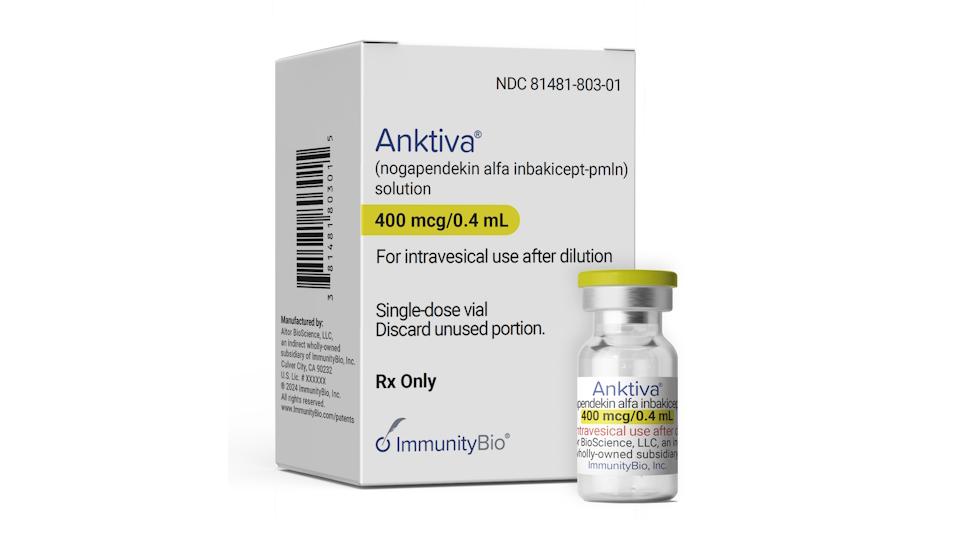Roche muscling into melanoma with Tecentriq

Roche plans to begin late-stage studies testing its immunotherapy Tecentriq in combinations for advanced skin cancer.
Tecentriq (atezolizumab) is already marketed in lung and bladder cancer, and Roche plans to boost sales of this versatile drug in skin cancer.
Tecentriq was approved in the US in May in bladder cancer and is predicted to become a blockbuster, but it faces tough competition from Bristol-Myers Squibb’s Opdivo (nivolumab) and Merck & Co’s Keytruda (pembrolizumab).
These rival checkpoint inhibitor immunotherapies have a head start on Roche’s drug and have already gained blockbuster status, though Roche already has presence in the melanoma field.
Last month approved in advanced lung cancer, Roche’s drug has a consensus sales forecast of around $3 billion by 2020 – but like its earlier to market rivals is looking to boost this with new combinations in new indications.
But Jefferies Equity Research has suggested that sales of Tecentriq could peak at around $12.7 billion if Roche can get it approved in several different uses.
Roche said that one phase 3 trial will combine Tecentriq (atezolizumab) with its EU approved Cotellic (cobimetinib), plus Zelboraf (vemurafenib) in patients with previously untreated BRAF-mutant metastatic melanoma.
Another phase 3 trial will study Tecentriq with Cotellic in treatment-naïve, BRAF wild-type metastatic melanoma.
Cotellic is also being investigated in combination with several investigational medicines, including immunotherapy, in several tumour types such as non-small cell lung cancer and colorectal cancer. Cotellic was discovered by Exelixis and is being developed by Roche in collaboration with Exelixis.
Roche’s move follows safety and efficacy results from a phase 1b study of Tecentriq, an anti-PD-L1 antibody, in combination with Cotellic a MEK inhibitor, and Zelboraf, a BRAF inhibitor, in previously untreated BRAF V600 mutation-positive metastatic melanoma.
Out of 29 evaluable patients for efficacy, responses were seen in 24 patients (83%) with 3 complete responses and 21 partial responses; the majority of patients continued to respond at around six months.
Findings were presented at the International Congress of the Society for Melanoma Research.













